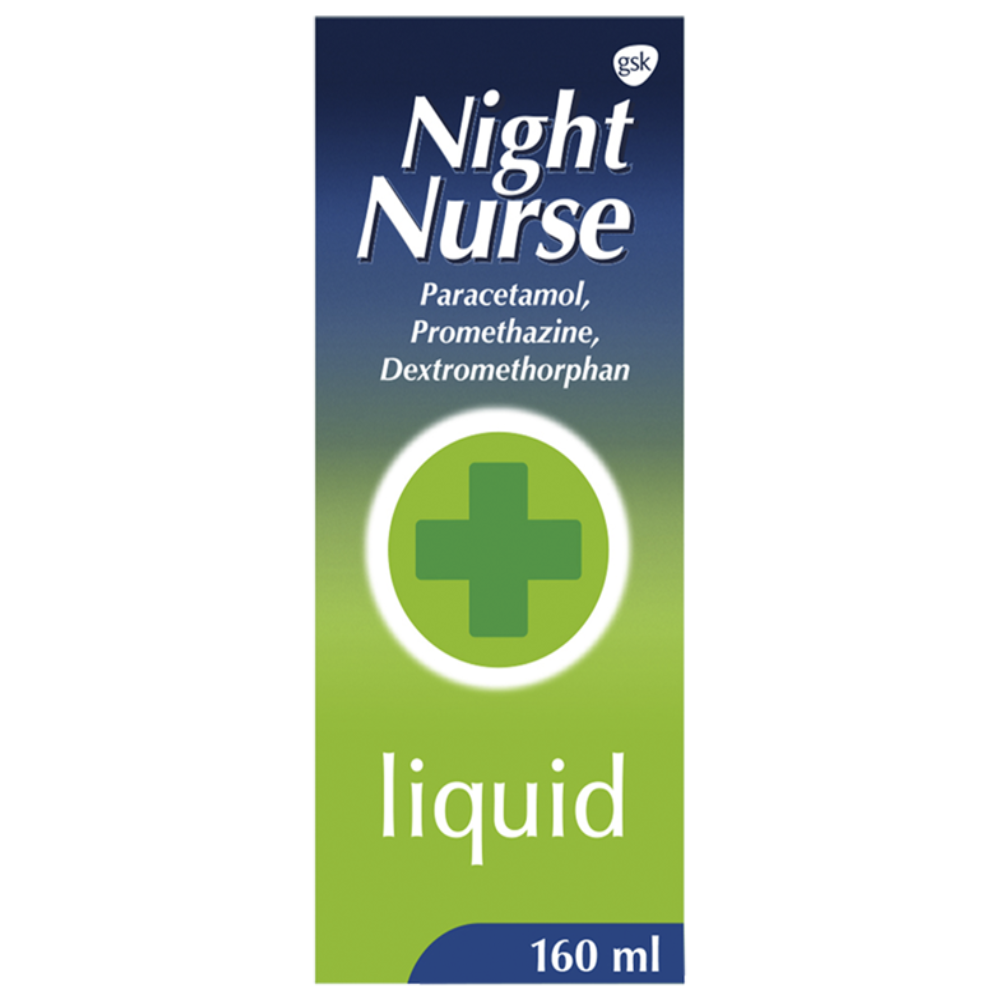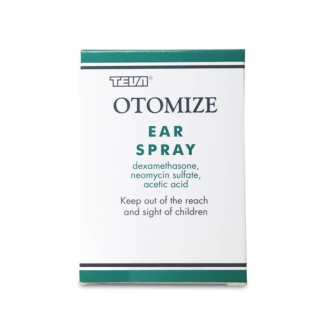Ear Infections

Free delivery when you spend over £30

100% discreet delivery for every item ordered

Fully regulated UK pharmacy
What are the remedies for earache?
You don’t always need antibiotics to relieve earache - sometimes, home remedies can be just as effective.
Over-the-counter painkillers like ibuprofen can help to ease pain and bring down a fever - but they’re not suitable for everyone, especially young children, so always speak to a healthcare professional first.
A warm or cold compress held up against the ear might help, or drops like hydrogen peroxide - place several drops into the ear and wait for a while, then rinse your ear with clean water.
Dabbing ginger juice or garlic oil onto a cloth and wiping it around the outer ear canal can work as a natural antibiotic due to them both having natural, anti-inflammatory properties.
What are the treatments for glue ear?
Your GP will not always choose to treat glue ear as the symptoms usually clear up on their own within 3 months.
There are no effective medicines to treat glue ear because it isn’t caused by an infection; however, glue ear can cause an ear infection, which is when antibiotics may be prescribed.
If your glue ear doesn’t relieve itself on its own, the GP may wish to try a treatment called auto inflation, like Otovent, which can help the fluid in the ear to drain on its own.
It works by blowing up a specialised balloon using 1 nostril at a time and swallowing while holding the nostrils closed.
This treatment has to be done multiple times a day and is not recommended for young children under 3 years old.
What causes an earache?
Earache usually occurs in children, but it can affect adults too.
The most common causes of earache are an injury, an infection, irritation such as trapped shampoo or water, a result of the cold weather, a change in pressure like flying on a plane, and earwax buildup.
If you are suffering from dental problems like an infected or impacted tooth, it may cause earache, too.
What is glue ear?
Glue ear is more common in children than adults, but they will experience the same symptoms - hearing loss, earache or ear pain, and tinnitus (hearing ringing and buzzing sounds).
It occurs when the empty, middle section of your ear canal fills up with fluid.
The glue ear typically clears on its own within 3 months, but there are treatment options available that may encourage the fluid to drain on its own.
What treatment can be used for an ear infection?
Mild ear infections will typically clear up on their own, but you may wish to take something to relieve the pain.
Try taking an over-the-counter painkiller like ibuprofen, but be aware that this isn’t suitable for young children so always speak to your healthcare provider first.
Ear drops are another useful option, like hydrogen peroxide or sodium bicarbonate.
Antibiotics might be prescribed as a last resort if the infection doesn’t get better after three days; if fluid is spilling from the ear, or if you have an illness with complications like cystic fibrosis.





















